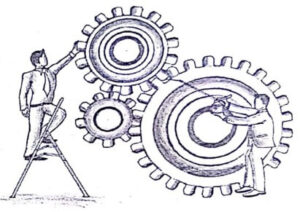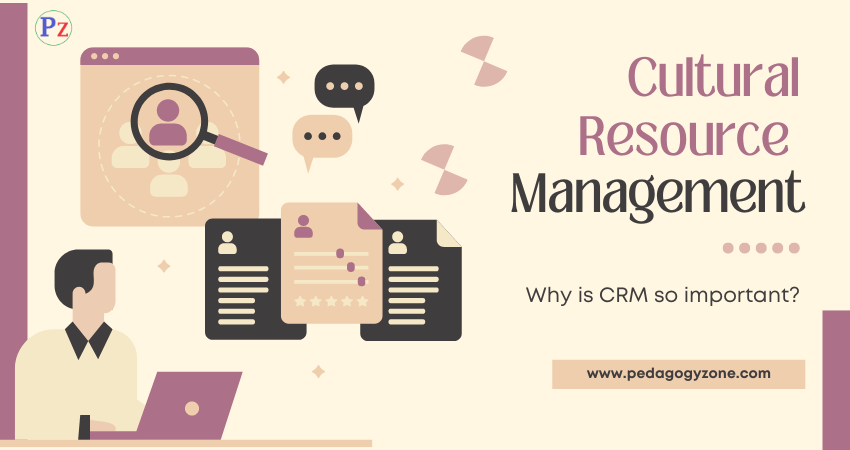Definition of Values
Value is a judgmental element of what is right, good and desirable. Values generally influence attitudes and behaviour.
According to White and Bednar, “Value is a concept of desirable, an internalized criterion or standard of evaluation a person possesses. Such concepts and standards are relatively few and determine or guide an individual’s evaluation of many objects encountered in everyday life”.
According to Rokeach, “Value is a specific mood of conduct or end-state of existence is personally or socially preferable to an opposite or converse mode of conduct or end-state of existence”.
Types of Values
There are two types of values. According to Milton Rokeach value survey is classified as terminal and instrumental values.
> Terminal Values: It represents the desirable end-states of existence. For example, the goals that a person would like to achieve during their life time. Like, a peaceful life, life free of war and conflict, family security, self respect, good friendship etc…
> Instrumental Values: It represents the way for achieving their means of goals. For example, the ways that an individual looks upon to reach or achieve the goals of terminal values. Like ambitions and hard working, broad minded, capabilities, courage, honesty, intellectual etc…
Source of Values or Formation of Values
The values we hold are significantly formed in our early years. It is sourced from our parents, teachers, friends, and others. What is right and wrong by us were formulated from the views expressed by parents or others. As we grow-up, we were exposed to various types of values systems, and in course of time we may have altered a number of our values.
For example: when we were children, we were told that certain behaviour is always desirable or undesirable. We learn that certain values are important to keep continuing and discontinuing and we do in course of the period. It is this absolute or “black white” learning of values that more or less assures their stability and endurance.
On the company’s point of view, some management may have belief that only people who are known by other employees in the company can be trusted to act responsibly.
The cultures vary in distinct and significant ways. It all depends on our thinking, feeling and behaving as human beings are neither random nor haphazard but are profound by influenced by our cultural heritage. The uniqueness of our culture will be known only when we see the other side of the people (either other community or country or state) and then we appreciate our values we learned.
neither random nor haphazard but are profound by influenced by our cultural heritage. The uniqueness of our culture will be known only when we see the other side of the people (either other community or country or state) and then we appreciate our values we learned.
For years, people have thought that organizations were beyond the influence of culture and that they were only determined by technology and task. But in today’s scenario we know that work is not simply a mechanistic or growth of either task or technology but at every level culture profoundly influences organizational behaviour.
| Read More Topics |
| Organizational behavior modifications |
| Define misbehaviour with types |
| Define learning and list the theories of learning |





